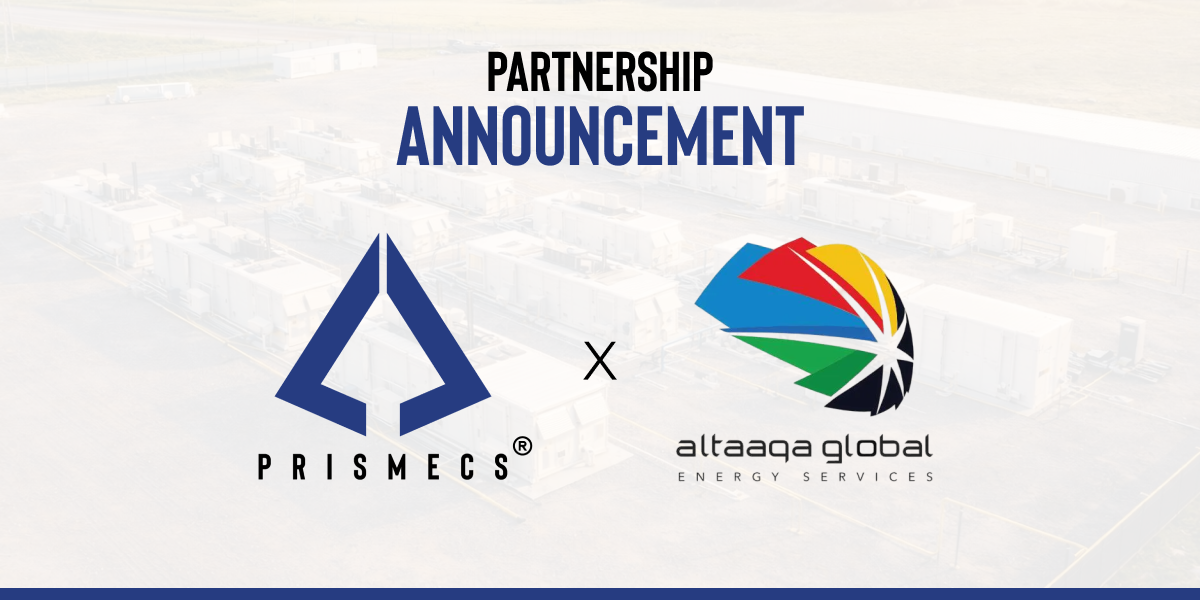
SCADA refers to a highly configurable set of software applications that can manage almost any form of the manufacturing process. SCADA combines software and hardware to create a control system that is frequently referred to as automation technology.
This system receives data about processes and related equipment, which supervisors use to control and optimize operations. SCADA is commonly helpful in oil and gas industry sectors like upstream, midstream, and downstream.
A SCADA system can be deployed across multiple sites and industrial operations. It is extensively used in the oil and gas supply chain, petrochemical plants, power generation facilities, and data centers, where real-time monitoring, automation, and precise operational control are critical. By connecting remote equipment with centralized control systems, SCADA ensures maximum uptime, enhanced productivity, and operational resilience across all these mission-critical industries.
Maintaining efficiencies and identifying problems as soon as they occur are just some of the ways SCADA systems can support your operation. They can also improve productivity, quality, and profitability while keeping costs at a minimum.
SCADA in Oil and Gas Supply Chain
In the upstream sector, the role of SCADA systems is often stereotyped as they primarily support the transmission of data. The owners and operators of the oil and gas supply chain are realizing how IT-based automation can productively solve the unique challenges of the upstream oil and gas sector.
Automation services companies and suppliers have confirmed that SCADA will be their powerful platform for streamlined operations at various points in the oil and gas supply chain. Better coordination and control of complex site operations means a lower cost of oil or gas production.
SCADA systems can easily collect data at remote oil and gas industrial sites. This ability of SCADA reduces the need for:
- Staff visits
- Leading to route
- Dispatch optimization
Oil and gas supply chain and production companies need to improve productivity through integrated operations. New projects and rigorous control over daily functions might be critical factors in the future.
Developing the infrastructure required for a sector or region will be streamlined and less tailor-made. Consolidation and scale achieved by technology take precedence as profitability declines across all market sectors.
Benefits of using SCADA for Oil and Gas Operations
SCADA provides numerous benefits to companies in the gas and oil sector at every operational level. These benefits are detailed below.
Reducing Error
Human error is eliminated through the automation support of SCADA. This offers the precision necessary for improving efficiency and effectively decreasing expensive downtime risks.
Crisis response
SCADA is critical when there is machinery failure. The system enables management to handle the issue immediately. Not only does this minimize the impact of an environmental disaster, but it is also important for the safety of the workers.
Decision Making
SCADA gathers important data. This makes certain the data can be carefully studied by the company, the execution of strategic responses is instant and trends can be correctly anticipated.
Supervision from a Distance
Machinery can be controlled and supervised from a distance due to SCADA. This includes remote geographic areas where not enough manpower is available. Communication between the remote equipment and the control center is then possible.
Automation
Routine tasks are automated by SCADA. These tasks were taken care of by employees in the past. The result is increased productivity because the project can be completed more reliably and much faster.
Gas and Oil Industry Safety
The oil and gas industry can be a liability to the environment and a safety hazard to the public. Leaks and spills are expensive and damage ecosystems drastically. Environmental standards are critical for both distribution and production.
A SCADA monitoring system offers alarm notifications, speed, and sophistication. These systems make finding a solution for any issue much faster. Operators know when a malfunction has occurred thanks to mobile device notifications being integrated with their monitoring system. Quicker deployment of solutions helps ensure the public remains safe and standards for protecting the environment are maintained.
Final Remarks
SCADA systems have become the standard for industrial operations around the world. However, the complex integrations and exponential growth of data often make it difficult to access SCADA intelligence where and when one needs it. Prismecs SCADA services help E&P onshore, and offshore teams consolidate legacy assets, enable remote monitoring, and leverage data to better control well and drilling sites.
Tags: oil and gas
recent posts

Power Generation
10 minutes read
How to Maximize Uptime in Power Generation Plants
Discover how Prismecs power plant maintenance helps operators prevent outages, protect revenue, and keep turbines running at peak performance. Learn h...

Renewables
8 minutes read
Opportunities in Renewable Energy Development
Explore Renewable Energy Development strategies focused on grid stability, faster deployment, and resilient power systems with Prismecs. Plan your nex...

Press Release
2 minutes read
Altaaqa Global & Prismecs Form Strategic Cooperation to Accelerate Modular Power Deployment Across USA
Prismecs and Altaaqa Global Announce Strategic Cooperation to Accelerate Modular Power Deployment in the United States Houston, TX & Dubai, UAE – Febr...

Procurement
9 minutes read
Complete Guide to Industrial Procurement Services
Explore Industrial Procurement Services for power and oil & gas projects. Cut delays, secure critical equipment, and build resilient supply chains wit...